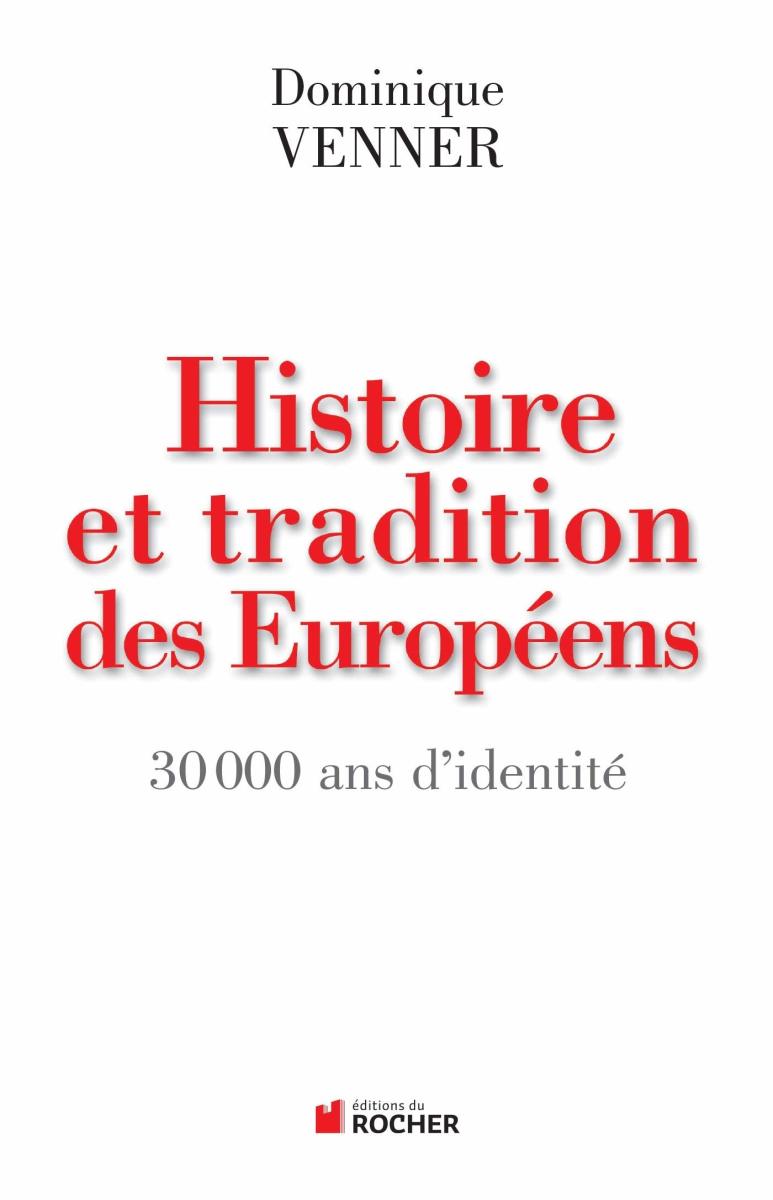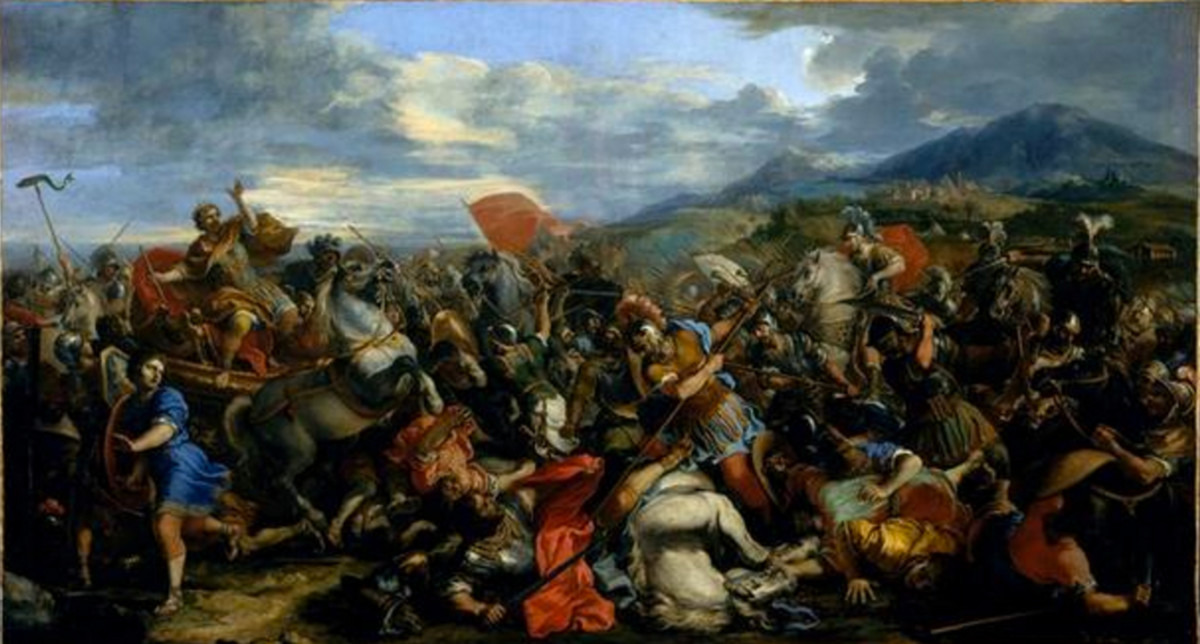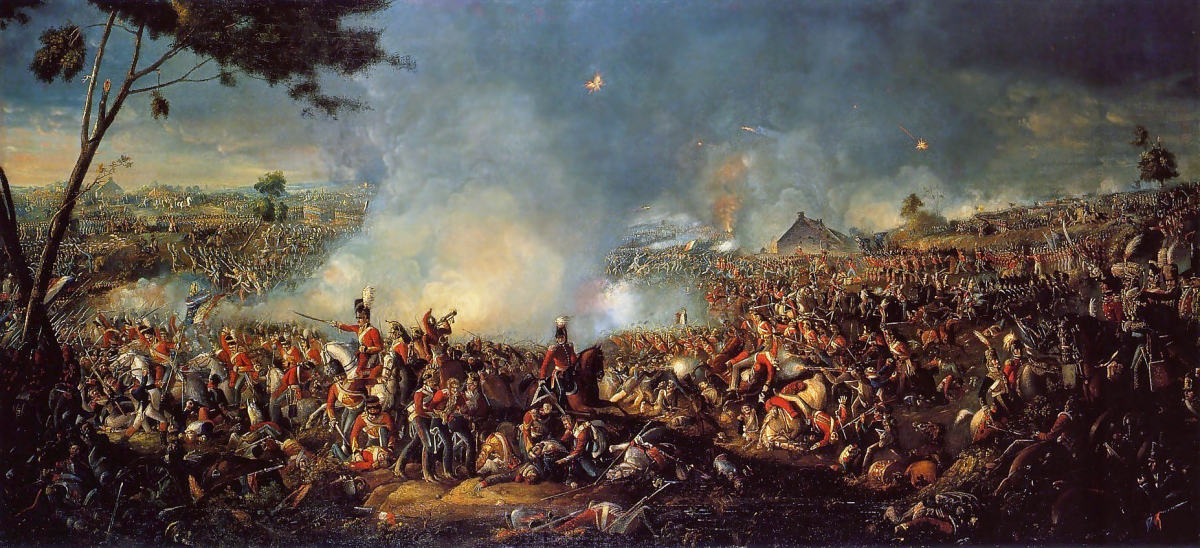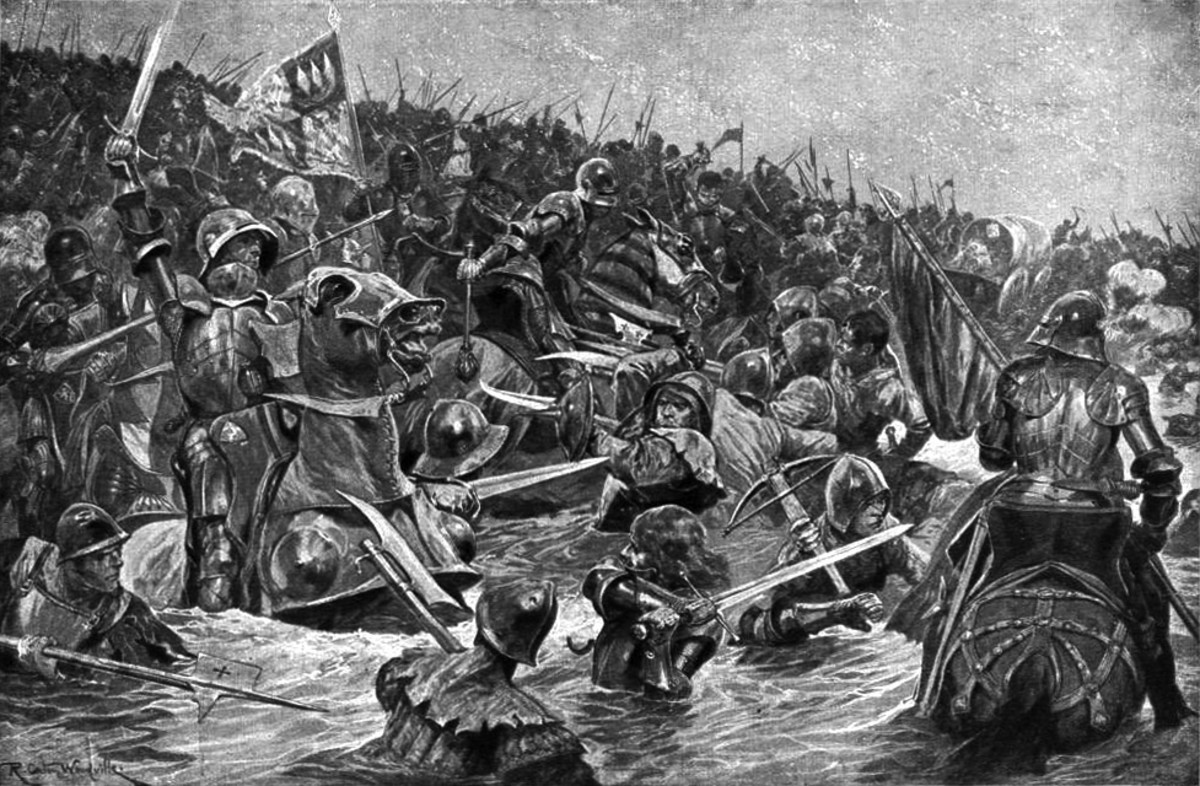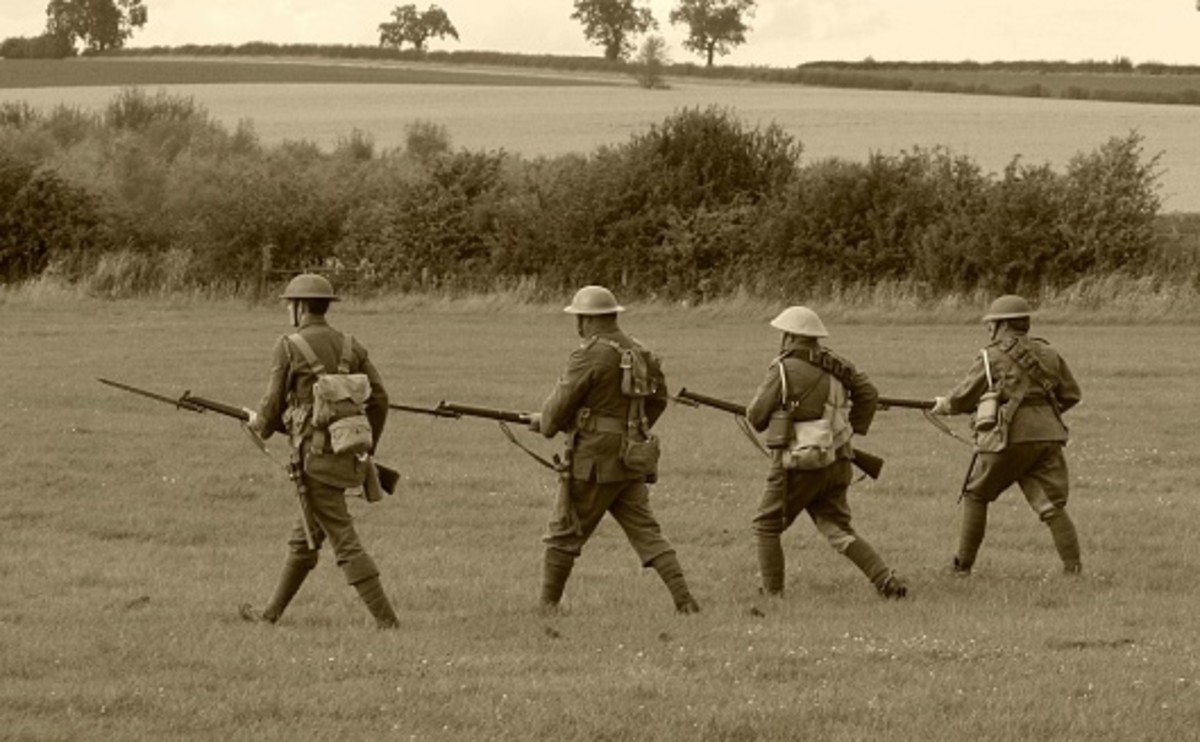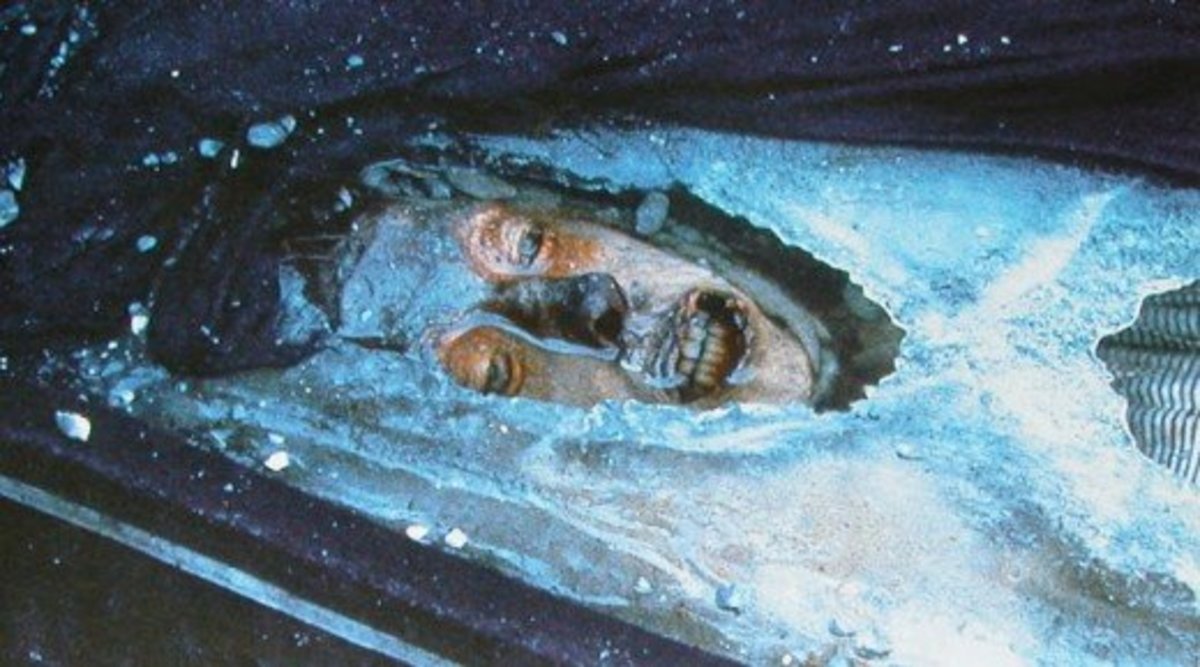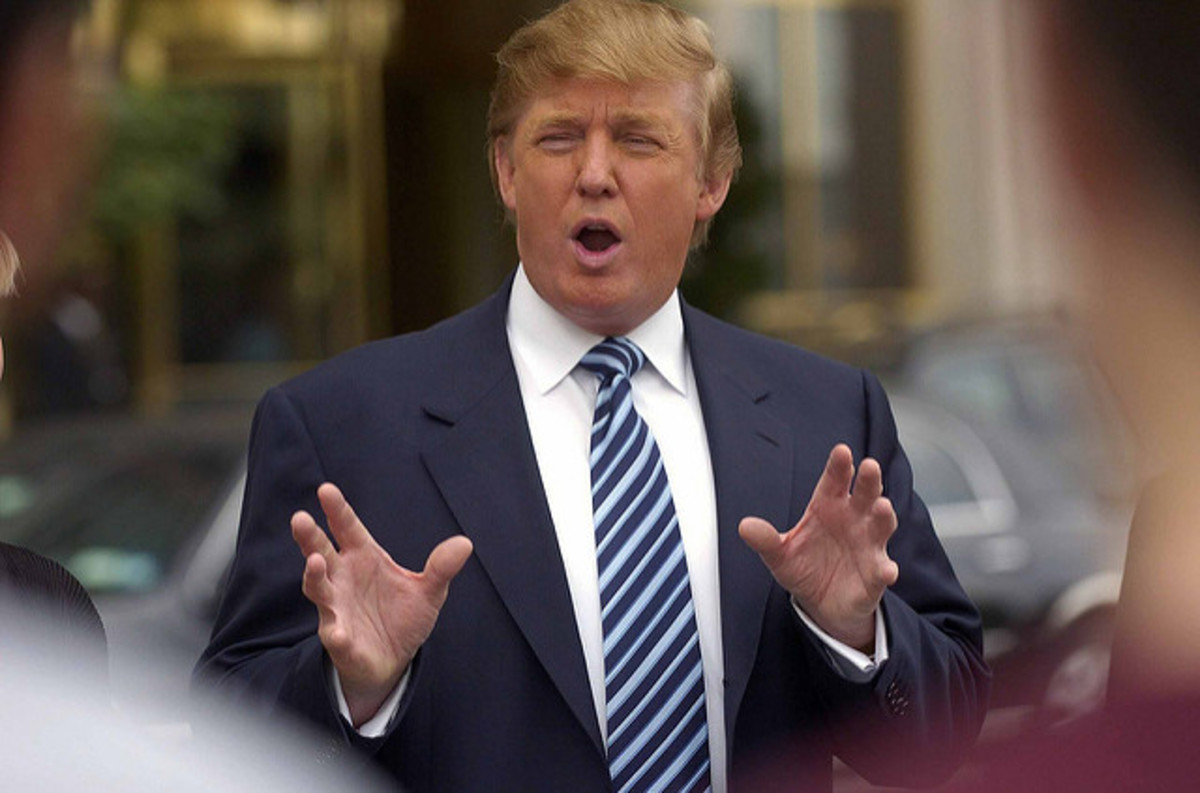Decisive Battles that Changed the World
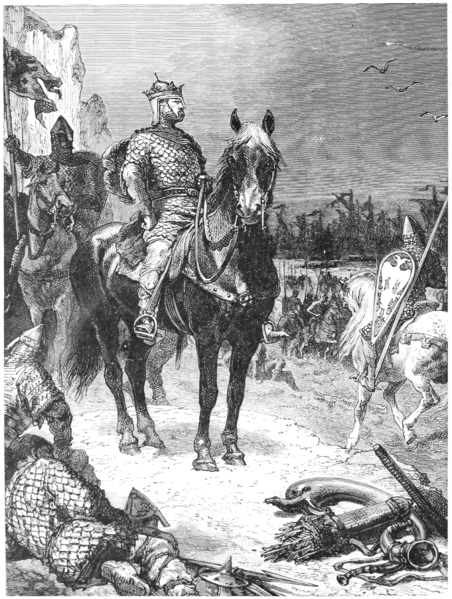
Introduction
The belief that war has had a profound impact on the development of the world was a common theme in nineteenth century military history. This Hub will explore how Sir Edward Creasy's Fifteen Decisive Battles of the World exhibited deep epistemological choices that reflected its author’s view of military history and its importance for history on a broader level. Creasy believed that understanding military history was important for an understanding of history in its broadest sense.
Sir Edward Creasy was born in England in 1812. After serving for a brief period of time as a lawyer and an assistant judge, he was appointed Professor of History at the University of London in 1840. While serving in that capacity, he wrote the enormously popular Fifteen Decisive Battles of the World that was first published in 1851. Creasy also wrote two lesser-known works, The Rise and Progress of the English Constitution (1856) and the first volume of The History of England (1869). In 1860, he was appointed to the position of Chief Justice of Ceylon. He served in that position until 1870, when he fell ill and returned to England. He died in 1878.
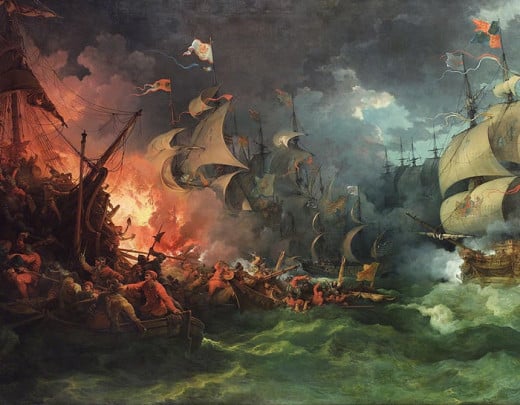
Creasy’s Fifteen Decisive Battles
- The Battle of Marathon
- The defeat of the Athenians at Syracuse
- The Battle of Arbela
- The Battle of Metaurus
- The victory of Arminius over the Roman legions under Varus
- The Battle of Chalons
- The Battle of Tours
- The Battle of Hastings
- Joan of Arc’s victory over the English at Orleans
10. The defeat of the Spanish Armada
11. The Battle of Blenheim
12. The Battle of Pultowa
13. The victory of the Americans over Burgoyne at Saratoga
14. The Battle of Valmy
15. The Battle of Waterloo
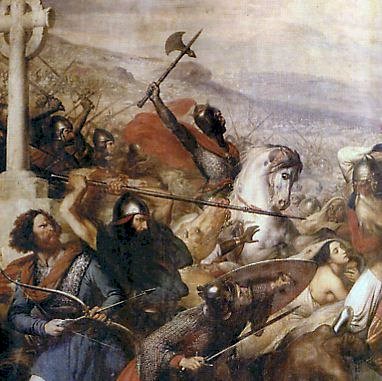
Creasy’s Approach to History
Written in 1851, one can easily find a number of important themes of nineteenth century historiography reflected in Creasy’s work. First and foremost is the idea of progress. The idea that history is naturally progressing toward its pinnacle; what Creasy believed was British ascendancy in the nineteenth century. Creasy maintained that battles were extraordinarily decisive in the development of Western European civilization. Creasy insisted that “there are some battles, which claim our attention, independently of the moral worth of the combatants, on account of their enduring importance, and by reason of the practical influence on our own social and political condition, which we can trace up to the results of those engagements.” (Note 1). For Creasy, the outcome of key battles fundamentally shaped the present. Accordingly, he argued that battles “have for us an abiding and actual interest, both while we investigate the chain of causes and effects by which they have helped to make us what we are, and also while we speculate on what we probably should have been, if any one of these battles had come to a different termination.” (Note 2).
At the root of Creasy’s understanding was a progressive macro view of history in which he focused on the roots of Western civilization, then European civilization as an outgrowth of the former and, finally, Great Britain’s emergence as an outgrowth of both. For Creasy, Britain represented the embodiment of Western ideals such as freedom and democracy, as well as the inherent cultural superiority of the West. He believed that the key elements of British greatness were to be found in its heritage, which meant Western civilization as a whole. At least part of that greatness, according to Creasy, encompassed a belief in the racial superiority of the West. For example, Creasy asserted that “the Greeks, from their geographical position, formed the natural vanguard of European liberty against Persian ambition; and they pre-eminently displayed the salient points of distinctive national character which have rendered European civilization so far superior to Asiatic.” (Note 3). Writing in 1994, Charles Cawthon observed that: “continuing up to his own time, Creasy judged only [Waterloo and] fourteen other battles of like decisiveness in shaping his nineteenth century world, with which, the British Empire as its superpower, he seemed quite content.” (Note 4) Indeed, from Marathon to Waterloo, the crowing achievement of Creasy’s progressive narrative was Great Britain, at the height of its imperial power and prestige.
According to Walter Millis, “Creasy is of interest because, while much of the book is devoted to battle tactics, he was forced by the nature of his task to relate his battles to the larger theme of the role of war in history.” (Note 5). In order to achieve that end, Creasy employed counterfactual thinking as the tool by which he measured the importance of a battle in relation to its consequences for the West, had it been lost. Thus Creasy stated: “most valuable is the mental discipline which is thus acquired, and by which we are trained not only to observe what has been and what is, but also to ponder on what might have been.” (Note 6).
Creasy introduced an interesting concept of primary impulse and the bias that appeared to be created as a result of it. Once a power was defeated for the first time, Creasy believed that a bias was initiated that influenced all subsequent events. For instance, he noted “how the interests of many states are often involved in the collisions between a few; and how the effect of those collisions is not limited to a single age, but may give an impulse which will sway the fortunes of successive generations of mankind.” (Note 7).Creasy saw that impulse at work in the Persian defeat at Marathon. That defeat influenced all subsequent events in that it established a Greek superiority that biased, in Creasy’s opinion, all future encounters with the Persians. Greek ascendancy was thereby assured and the downfall of the Persian Empire became inevitable. From that perspective, all subsequent battles against the Persians were merely confirmations of Greek superiority.
Creasy expanded on the idea of primary impulse, stating that:
“the encounters between Greeks and Persians, which followed Marathon, seem to me not to have been phenomena of primary impulse. Greek superiority had already been asserted, Asiatic ambition had already been checked, before Salamis and Plateaea confirmed the superiority of European free states over Oriental despotism. So Aegospotamos, which finally crushed the maritime power of Athens, seems to me inferior in interest to the defeat before Syracuse, where Athens received her first fatal check, and after which she only struggled to retard her downfall. I think similarly of Zama with respect to Carthage, as compared with Metaurus; and, on the same principle, the subsequent great battles of the Revolutionary war appear to me inferior in their importance to Valmy, which first determined the military character and career of the French Revolution.” (Note 8).
Few would now accept Creasy’s underlying assumption that those battles were significant in that they exhibited the phenomena of primary impulse. Indeed, few now regard the Greek defeat of the Persians at Marathon as a guarantee for future Greek victories over the Persians.
Creasy insisted that “not merely the fate of two armies, but the whole future progress of human civilization” rested on the outcome of Marathon. (Note 9) The counterfactual importance of Marathon was, according to Creasy, that “had Persia beaten Athens at Marathon, she could have found no obstacle to prevent Darius…from advancing his sway over all the known Western races of mankind.” (Note 10). Creasy believed that the Greek victory over the Persians at Marathon “secured for mankind the intellectual treasures of Athens, the growth of free institutions, the liberal enlightenment of the Western world, and the gradual ascendancy for many ages of the great principles of European civilization.” (Note 11). As can be seen, for Creasy, the battle of Marathon on a cosmological scale represented a clash between good and evil, whose outcome ensured that Greek ideals of democracy and liberty would be passed on to Western civilization.
For Creasy, military history was not the history of irresistible social, political and economic forces. Military history was the result of humans under extraordinary conditions who were forced by their circumstances to act in a certain way that had incredible ramifications for the future. For example, Creasy described the Battle of Tours as “the great victory won by Charles Martel over the Saracens, A.D. 732, which gave a decisive check to the career of Arab conquest in Western Europe, rescued Christendom from Islam, preserved the relics of ancient and the germs of modern civilization, and re-established the old superiority of the Indo-European over the Semitic family of mankind.” (Note 12).
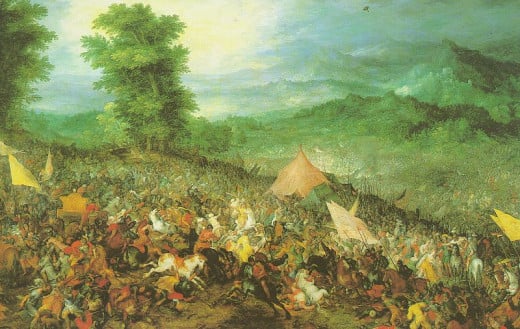
Imperialism
Indeed, Creasy has received much criticism by modern historians for his Eurocentric view. Coupled with Creasy’s belief in the racial superiority of the West was a justification for imperialism. One finds evidence of this in Creasy’s description of Alexander the Great’s enduring importance. Creasy noted that Alexander
“not only overthrew an Oriental dynasty, but established European rulers in its stead. It broke the monotony of the Eastern world by the impression of Western energy and superior civilization, even as England’s present mission is to break up the mental and moral stagnation of India and Cathay by pouring upon and through them the impulsive current of Anlgo-Saxon commerce and conquest.” (Note 13).
That statement reflected Creasy’s enthusiasm for the position of the British Empire with its ability to westernize the world. He clearly sees the heritage of Britain’s great civilizing mission that characterized his own time, in Alexander’s ancient Asian conquests.
Pax Britannica
The last decisive battle, Waterloo, was described by Creasy as
“the great battle which ended the twenty-three years’ war of the first French Revolution, and which quelled the man whose genius and ambition had so long disturbed and desolated the world, deserves to be regarded by us not only with peculiar pride as one of our greatest national victories, but with the peculiar gratitude for the repose which it secured for us and for the greater part of the human race.” (Note 14)
Creasy saw that, as a result of the Battle of Waterloo, the world had enjoyed thrity-six years of peace. That was important for Creasy because, according to him, “no equal number of years can be found during which science, commerce, and civilization have advanced so rapidly and so extensively as has been the case since 1815.” (Note 15). Creasy is clearly celebrating the Pax Britannica, the long period of peace between the defeat of Napoleon in 1815 and rise of German power in the 1870s.
The Rise of Republicanism
The only possible challenge to Creasy’s assertion of the greatness of the British Empire was the rise of republicanism, first in America, then in France. With regard to France, Creasy noted that the Battle of Valmy was important in that it created the democratic spirit of revolutionary France that was never fully realized because it kept returning to absolutism. (Note 16). Valmy also displayed the “military character of the revolution.” (Note 17).
For Creasy, the defeat of the British at Saratoga was decisive in the outcome of the American Revolution. Though at the time Creasy was writing, the American republic was still in its infancy, he believed that it could still descend into absolutism, as had been the case in France. So, in Creasy’s view, the rise of republicanism was not necessarily a positive development for Western civilization.
Conclusion
Creasy stands as the first true military historian. He considered military history to be a worthy focus in its own right, not merely as a subset of the great political histories that had come before him. Many others would follow his lead and establish military history as an academic discipline.
Endnotes
1. Edward Shepherd Creasy, Decisive Battles of the World (New York: The Colonial Press, 1900), p. vii.
2. Ibid., p. vii.
3. Ibid., p.12.
4. Charles Cawthon, “D-Day What It Meant” in American Heritage 45 (1994): p. 50.
5. Walter Millis, “Military History” in Service Center for Teacher’s of History 39 (1961): p. 3.
6. Creasy, p. viii-ix.
7. Ibid, p. viii.
8. Ibid., p. ix.
9. Ibid., p. 1.
10. Ibid., p. 20.
11. Ibid., p. 31.
12. Ibid., p. 157.
13. Ibid., p. 61.
14. Ibid., p. 344.
15. Ibid., p. 343.
16. Ibid., p. 327.
17. Ibid., p. ix.


